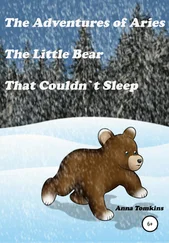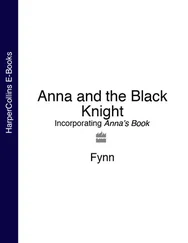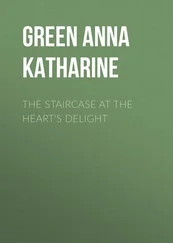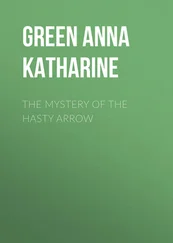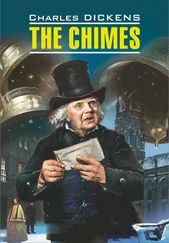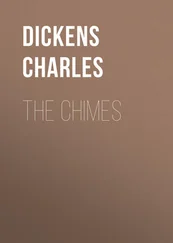I am halfway across the floor, just out of the candles’ intersecting circles of light, when he rises to his feet.
‘Simon,’ he says, into the darkness where I’m standing, watching. He can’t see me, because for him the light has slipped a covering over the room’s depths. ‘Simon?’
‘Yes?’ I say.
‘I’m not sick. Not in the way you think. I’m not dying of it.’
While he is blind in the light, I let myself turn back to him. He is pulling himself together, bit by bit. After seeing him by the inlet, I wouldn’t have thought it possible, but he is becoming Lucien again. All the parts of him have come back, so that when he stands, it’s alive like an alert chord. His neck is rising and lengthening in the usual way when he speaks, and his milky eyes are wry and straight-staring.
The relief is strange. It makes me feel giddy, light-headed.
This time he says it, not just with his eyes. ‘I’m sorry. You weren’t meant to see.’
His legs are straight under him and there is nothing to tell you he has been rigored. I can see the pale fret on his face as he turns toward the shadows I stand in. A door in my chest opens with an unfamiliar happiness. In my arms, there is an echo of his nearness, what it felt like to hold him.
His voice is quiet when it comes again. ‘I’ll answer your questions, but you must let me ask first. Sit down.’
I shake my head. Not to the questions, but because I don’t want to move from where I’m standing in the shadow. I need some distance between us. I want to keep out of his eyes for now, while my face finds some way to arrange itself again. The happiness is new to me, and so is the fear.
‘Simon, the arrival in London, what was it like?’ His voice in the shadows.
My response is immediate. I don’t even need to think now.
‘The arrival in London was mud. It was nether year. I came in along the east A-road. A carter who was going to market picked me up about five miles from Romford. The rain was so heavy it drove holes in the mud.’
He pushes me backward along the line of the story. ‘Why did you come to London?’
‘I came to London because my parents died. And I needed to find…’ I look for the answer for a while, but it’s a blur still. ‘I needed to find something. Or someone. I don’t know. My parents had a farm. We sold bulbs, flower bulbs — tulip and daffydill and iris.’
‘What did your parents die of?’
I look at Lucien. I see his stiff legs and I see the shape of my mother’s legs rising under the white cover. The farmer’s neck twitches and jerks on the road to London. The boy in the crosshouse yard — what was his name again? Steppan. I see Steppan’s father’s legs and arms pull into spasm…
‘My mother died of a sickness that looked the same as yours,’ I say. ‘So when you think it’s the right time, I’d be grateful if you tell me what it is. If you’re just going to ask about my memories, though, you should ask what I remembered tonight.’
Lucien looks up. ‘Was it about your mother?’
‘Yes. We were standing in the forcinghouse, splitting bulbs. She bound the memory with that.’ And I tell him then what my mother told me.
‘Good,’ he says. ‘Good,’ as I speak. When I tell him about her skill, his face opens and his concentration is clear to me even in the dark. I describe Johannes giving her the memory. I tell him about the lute string in its silver coil and he nods and nods again. I tell him that she asked me to touch it. I don’t tell him what she said about a family gift.
‘Simon,’ he says. His voice is close. Warm, like he is standing still next to me. ‘This is well remembered. This is important — do you know that? It is right at the middle of things.’
Then I tell him what my father did.
‘He hit you?’ asks Lucien. ‘Because he didn’t want you touching others’ memories?’
‘Yes. He said I might be killed for it.’ I look at him. ‘Who would do that?’
Lucien looks at me, as if waiting. Then he leans back against the wall.
‘You can hold a picture of what happened for a day or two before it fades. And you make objects that let you bring the memory back, the ones you think are important. You touch them and go down. Do it one by one, object by object. What you cannot do so easy is to thread them together so that one connects to the other. Without help, anyway.’ He shakes his head. ‘Do you think that is usual?’ he asks. ‘No, forget that question. Do you think that is right?’
‘What do you mean?’
‘Do you know what steals your memories?’
I look at him. Because it is a strange question, one that has no answer and many answers. The river of sleep takes memories down into the murk and silt. Night and the darkness take them. Waking takes them, or our own sadness. Or maybe it’s that forgetting is like a spore or blight inside each memory itself, and the two cannot ever be separated.
‘Chimes steals memories,’ says Lucien. ‘You know that.’
I stand there and I look at him for a long while. I hear the words in my head and I imagine the music cutting through the sky, as it does. Pushing us down. Its vast perfection stripping all the small and broken pieces that give us meaning and returning them in order and harmony. And I don’t feel anything. What should I feel? Anger, pity, grief? Is that what they’ve taken from me, then? I want to ask him. Or is it just something missing inside myself?
‘Chimes steals memories,’ I say.
‘Yes. Or you could put it another way and say it’s the Order who does it, which is also correct. Simon, who knew your mother’s skill?’
‘I don’t know.’
‘Were there others like her?’
‘I don’t know.’
‘There must have been, because your father knew that what she was doing was dangerous. Think.’
I think. ‘That is all he said. That people had been tortured, killed for it. But something my mother said… I think she took memories to London. I don’t know the reason why.’
Lucien nods. ‘And you travelled to London too, and we don’t know the reason for that either. But there was one or you would have stayed on the farm, where you would have kept what bodymemory you had from the bulb farming. I think the two reasons are one and the same. Your mother’s skill is bigger than her, and it’s bigger than us, and if we follow it, that is where the song’s meaning is.’
He straightens further against the storehouse wall. ‘It’s near Matins. We should be getting back.’
‘You haven’t answered my questions,’ I say. ‘About how you recognised the song. And about your sickness.’ When I use the word, some of the panic comes back.
‘Do you trust me, Simon?’
The same question. The same answer. I nod.
‘Tomorrow I’ll show you what I know, and we will try to fit the two together. Then you can decide how you wish to act hereafter. Tomorrow,’ he says. ‘Can you wait a bit longer?’
Hereafter, I think. A backwards-looking word for time that is still to come. In itself a blasphony. Before Chimes , a voice says in my head, there would have been a time for such a word . A tripleted rhythm driving upward in my mind. Tomorrow and tomorrow and tomorrow.
‘Can you walk?’ I ask. Which is a way of saying, ‘I can wait. I will be there in time ahead. I will be there for you hereafter.’
‘I think so.’ He rises into a crouch and his legs are still stiff, but they flex. He grips my arm so tight it hurts. Then he shakes his legs and I see the stiffness drop away. It is Lucien again, and as we walk back through the night to the storehouse, it is Lucien’s usual walk. I feel his presence next to me in the night without looking.
Inside the storehouse, all is quiet. The others are sleeping. Lucien disappears into his quarters with no word or sign.
Читать дальше
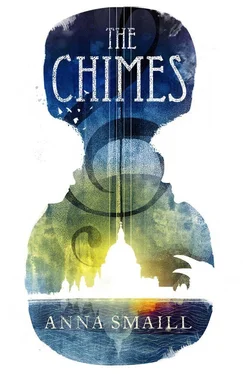

![Чарльз Диккенс - Колокола [The Chimes]](/books/395589/charlz-dikkens-kolokola-the-chimes-thumb.webp)


